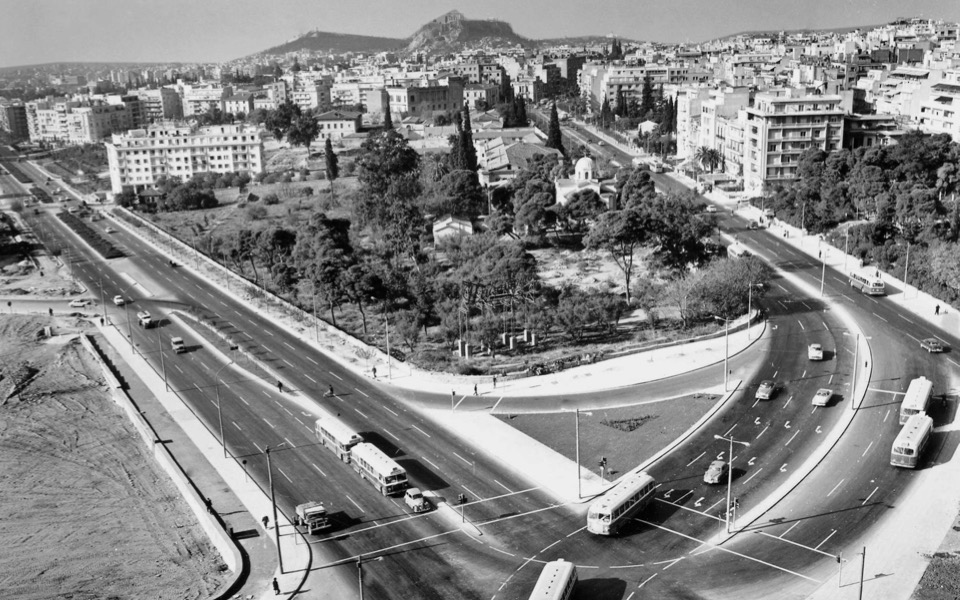The (new) Greek economic miracle

After a devastating decade-long crisis, the very idea of an economic miracle seems like a paradox. Yet it is something that was a reality for two decades in the aftermath of World War II, when the Greek economy was the second fastest-growing in the world, lagging only Japan, with an economic performance that was well above any other traditional economy in the global economic network.
Greece managed to almost double its per capita wealth in less than three decades, outpacing the economies of Northern and Southern Europe, North America and East Asia. A Greek miracle is not only possible, it has already been accomplished once. The question is whether it can be repeated now.
Those two decades of remarkable economic progress in the 1950s and 60s were powered by Greek shipping, construction, industrialization, urbanization on a massive scale and the economy’s increasing appetite for exports and foreign investments. However, with the economy sharpening rather than blunting social inequalities, a looming global crisis and the dictatorship’s erratic policies leading to national disaster, the 1970s saw the Greek economy entering a lengthy cycle of lackluster growth, with significant political and economic challenges.
Greece’s accession to the Maastricht Treaty in 1992 and the prospect of a common currency and a common European market with global reach found the Greek economy gasping for breath and attempting to adapt an outdated growth model to the edicts of a modern globalized economy.
We are where we are today because that experiment failed. The corruption of the Greek economic and political system has been exposed at every level, and the crisis pushed the economy to shocking lows – in 2016, economic activity dropped to levels last seen in the 1990s. Almost everyone today acknowledges that Greece’s old economic, political and social model collapsed from within and what we have now is an opportunity, if not an urgent need, for fundamental change.
Myself and other Greek economists at Yale University have invited leading experts on the Greek economy to ponder these issues at a conference taking place on September 19 and 20 titled “Towards a New Greek Miracle: Growth Policies for the Decades to Come.” (The conference was organized by professors Nicholas C. Barberis, John Geanakoplos, Pinelopi Koujianou Goldberg, Costas Meghir and myself.)
What are the economic and political changes needed to lead to a new economic miracle? Can we recommend specific polities that will promote economic growth in the decades ahead? These are the questions that need to be answered.
As experts, we want to put forward clear and concise proposals that are not just applicable but, more importantly, can be monitored. If the recommended policies are implemented but do not succeed, then we can suggest corrective measures. If, however, they are not implemented after being put forward, the onus will rest with the political leadership.
We believe that this is an opportune time for such a conference. The Gordian knot of Greek public debt is slowly being untangled and almost all of the country’s political parties have acknowledged the need to implement rational economic policies. We hope that this conference will not only transform disparate thoughts into specific economic proposals, but will also serve as a source of optimism that a new Greek economic miracle is within reach.
Costas Arkolakis is a professor of economics at Yale University.




